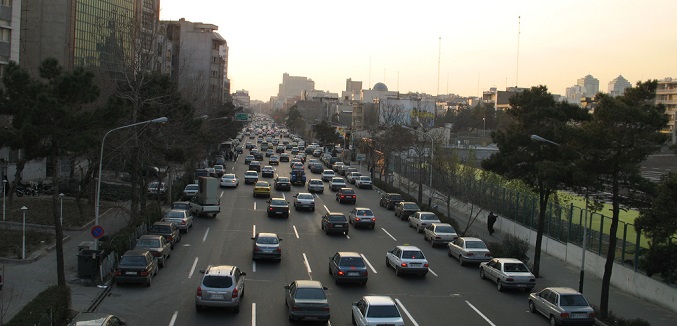The Washington Post on Thursday described the interim agreement signed between the global P5+1 powers and Iran as “notable for its omissions,” and expressed concern over the deal:
But the agreement leaves the United States and its partners at a disadvantage in negotiating the comprehensive settlement. The concessions made to Iran will have to be balanced by a major rollback of Iran’s nuclear infrastructure — with no automatic expiration date.
Analysts have been expressing increasingly pointed worries that the reduction of sanctions has triggered a downward spiral that will substantially erode the entire regime, even as Iran in recent days has doubled down on advancing both its uranium and plutonium facilities. The Associated Press reported over the weekend that weakened sanctions on automobile components “could see Iran’s stalled car production again take off,” providing not just a “boon” to Iranian automakers but also “potentially draw[ing] in more foreign investment from other manufacturers hoping to break into the market.”
The AP quoted Patrick Blain, president of the International Organization of Motor Vehicle Manufacturers, predicted:
“Iran’s global standing in car production, which was 13, has fallen (due to sanctions). I’m sure Iran will be able to compensate the fall of its share in the near future,” said Patrick Blain, president of the International Organization of Motor Vehicle Manufacturers. “International investors are expected to re-enter Iran’s market soon.”
Blain’s evaluation is in tension with Obama administration assurances, provided to allies and lawmakers, insisting that investors would be irrational to re-enter Iran’s market in the near term. Blain was further quoted by Agence France-Presse asserting that “there is no reason not to come back.”
Meanwhile Reuters Monday morning reported on Iranian moves to “reassert Tehran’s authority in the Organization of the Petroleum Exporting Countries” on basis of expectations that it will soon “return as the cartel’s second biggest producer.”
Iranian state media this week conveyed statements from Abbas Araqchi, the country’s deputy foreign minister for legal and international affairs, boasting that Tehran expects to receive $15 billion in oil revenues from the implementation of the Geneva deal:
“With the implementation of the agreement, nearly USD 15 billion of oil revenues will be accessible over the next six months,” he said.
He added that of the 15 billion dollars nearly 10 billion, which was previously used to purchase foodstuff and medication, will be accessible with the implementation of the agreement.
The Obama administration in contrast has assessed that the total relief granted by the agreement is roughly $7 billion, with only $4.2 billion in frozen oil assets being released.
[Photo: Ivan Mlinaric / Flickr ]




